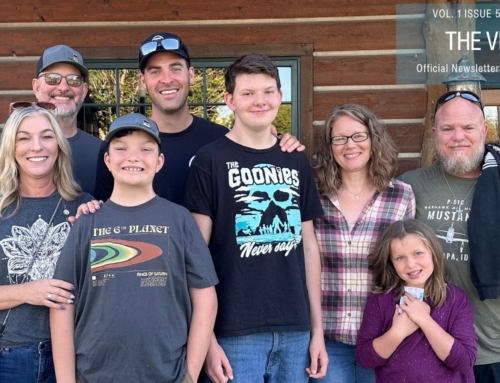At age 21, Graham loves to spend time on his favorite pastime of writing mysteries and screen plays. The topics vary but they often involve science-fiction. The stories have intrigue- like explorers going into a cave and finding gold but then someone is kidnapped and, and, and….they always have a cliff hanger to leave the reader wondering! He also recently started painting and he is exploring this interest and hopes to continue it as he transitions into the developmental disabilities services in his state.
![]()
Graham is outgoing, approachable and not shy about asking questions! He is athletic and likes to play basketball. He has a girlfriend and Lori describes the two as “fantastic friends.” In addition to his artistic endeavors, he loves to play Xbox games and loves social events like parties.
Graham is the 4th out of 5 children and lives in Massachusetts. As a young child he was involved in Early Intervention following his diagnosis at age 2 of Klinefelter’s (47XXY). His mother advocated for genetic testing when she noticed that he was small for his age, his speech was difficult to understand, and he had some behaviors that she thought were unusual.
Throughout school he has received related services such as Speech and PT. Although his mother wanted him to be included in regular classes, the school system was in favor of him being in special education classes. After much advocating, this year Graham began attending a residential school during the week and lives at home on the weekends. His mother explains that this situation imitates college life in a way.
Lori explains that, like a person on the autism spectrum, Klinefelter Syndrome encompasses a wide variety of abilities and challenges. Some of his challenges include difficulty with executive functions and at times making decisions that are not safe or wise. He has difficulty generalizing concepts. His natural curiosity may sometimes cause him to, for example, run off to explore. Medically, he has had teeth removed and has some joint pain and low tone. Weight control has been an issue as has some difficulty moving his ankle joints through a full range. A decision that might occur in families is whether or not to have testosterone shots.
“He is pretty independent and laid back,” explains Lori. Graham is close to everyone in his family and loves them very much and as a young adult transitioning, he will have lots of support in making choices about the next steps in his life.
Lori’s Advice to Parents:
- Because of the awareness level around autism, it might be helpful to advocate for your child describing this condition as “similar to autism” if it truly is.
- Don’t put limits on your child because of a diagnosis. There is no cap! Look for their strengths and build on those- like Graham’s artistry and writing skills.
- See them as unique and advocate for them.
- Educate yourself. Use the AXYS website located at www.genetic.org.
- Watch for bullying. Because your child may not notice teasing or recognize bullying and be more gullible, make sure to be aware of potential issues.
Lori’s Advice to Teachers:
- Many of the ideas above also apply to school personnel.
- They may have cognitive, language and some behaviors that are similar to students who have autism. You may need to advocate for supports and services that are used for children on the autism spectrum.









Leave A Comment